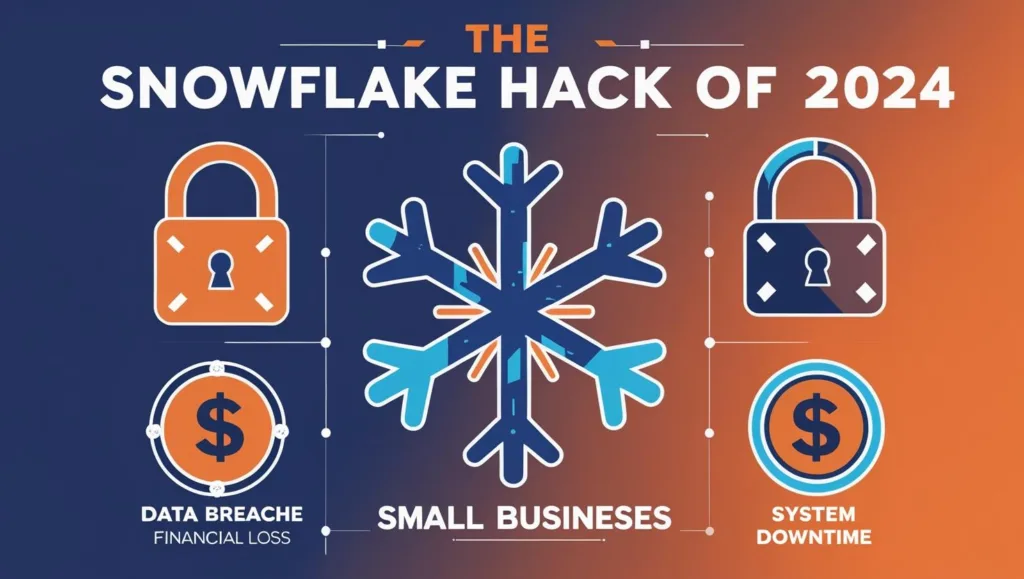
Back in 2024, the Snowflake breach shook up a major cloud data platform, hitting multiple client systems hard. Hackers got in using stolen login details, pointing to some clear security weak spots. As of July 2025, this incident still offers useful lessons for small businesses leaning on cloud services.
Let’s break down what happened and share three practical cybersecurity tips for small businesses to keep your data safe.
What Happened with the Snowflake Breach?
The breach kicked off when attackers used compromised usernames and passwords to slip into client systems. A big issue was that Multi-Factor Authentication (MFA) was optional, and plenty of clients skipped it. On top of that, old, inactive accounts with live permissions gave hackers an easy way in, exposing sensitive data. It’s a reminder that even trusted cloud providers can leave critical gaps.
Three Smart Moves to Boost Your Security
The Snowflake breach shows small businesses can take simple steps to tighten things up.
Here’s what to do:
1. MFA Isn’t Optional—It’s a Must
Multi-Factor Authentication (MFA) adds an additional layer of security beyond passwords. Enabling MFA for all logins—email, cloud storage, and applications—is essential to prevent unauthorized access. The Snowflake incident showed that optional MFA left systems vulnerable. Use authenticator apps or hardware keys for stronger protection.
2. Keep Your Accounts in Check
Old accounts from past employees or vendors can stick around and cause problems if they’re still active. Take a look at your accounts every few months and turn off or delete the ones you don’t need. Tools like Microsoft 365 or Google Workspace can help you spot inactive logins fast.
3. Don’t Blindly Trust the Cloud—Lock It Down
Cloud platforms like Snowflake are great, but they’re not foolproof. Add your own encryption to sensitive data instead of relying on default settings. Keep an eye on access logs for anything odd, and check your vendor’s Service Level Agreements (SLAs) to know they’ve got your back. The breach reminded us even solid providers need extra care.
Reality Check: Even the shiniest cloud platform can have cracks. Treat it like a rented office—you’d still install your own locks, right?
The Big Takeaway: Basics Beat Breaches
The Snowflake breach proves even big companies can miss the mark on security. For small businesses, using Multi-Factor Authentication, checking accounts regularly, and securing your cloud are smart moves to avoid a data breach. It’s all about protecting your business and keeping customers happy.
Don’t wait for a hacker to teach you the hard way. Take these steps today, and sleep better knowing your data’s safe.
